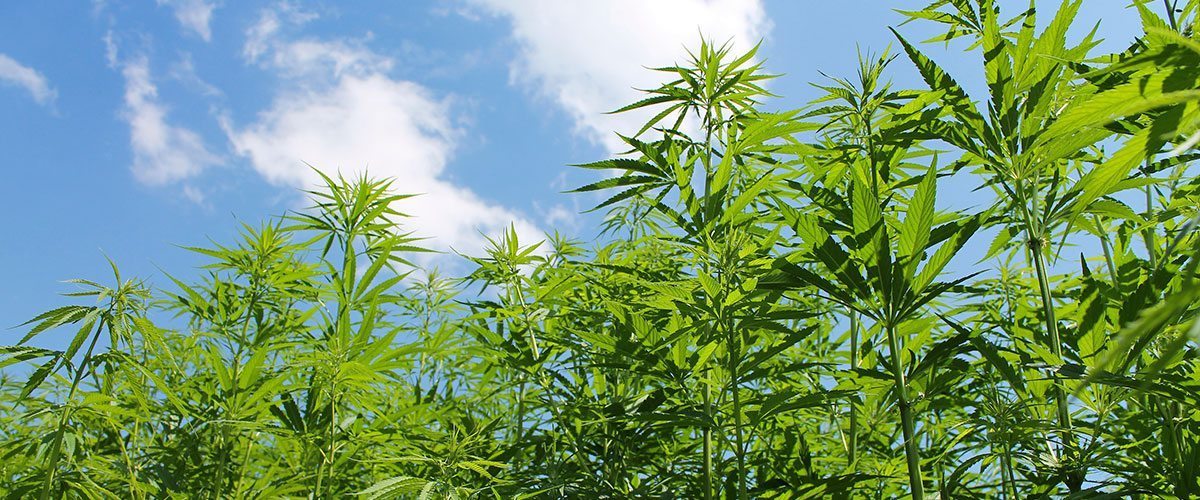[vc_row][vc_column][vc_column_text]
Hemp Business Journal and Vote Hemp estimate the total retail value of hemp sold in the U.S. in 2016 was $688 million, up from $573 million the year prior.
The U.S. hemp market grew by more than $100 million last year, according to a new report from Hemp Business Journal and Vote Hemp. Retail sales of hemp in 2016 were calculated to be $688 million, up from $573 million the year before. The significant surge, the data and market intelligence report found, was attributed primarily to the growth in hemp cannabidiol (CBD) product sales.
“Hemp Business Journal estimates the total retail value of all hemp products sold in the U.S. to be at least $688 million in 2016. We estimate the hemp industry will grow to $1.8 billion in sales by 2020, led by hemp food, body care, and CBD-based products. The data demonstrates the hemp industry is growing quickly at 22% five year CAGR and being led by food and body care products, with Hemp CBD products showing a 53% AGR,” said Sean Murphy, Founder and Publisher of Hemp Business Journal, in a statement.
Hemp CBD products made up $130 million, or nearly 19 percent, of the $688 million in total sales in 2016. The CBD category was led by channel sales in natural and specialty products, such as Medical Marijuana Inc.’s Real Scientific Hemp OilTM and Dixie Botanicals Dew DropsTM, as well as smoke shops, and online verticals. The report tags CBD-based pet care products as a “growth category to watch” in 2017.[/vc_column_text][/vc_column][/vc_row][vc_row][vc_column][vc_single_image image=”17466″ img_size=”1200×250″ onclick=”custom_link” img_link_target=”_blank” link=”https://www.medicalmarijuanainc.com/what-is-cbd-hemp-oil/”][/vc_column][/vc_row][vc_row][vc_column][vc_column_text]Data from market research shows domestic retail sales of other hemp-based products, including non-dairy milk, shelled seeds, soaps, and other body care products have continued to increase. Of the $688 million market, hemp foods made up an estimated $129.3 million (19 percent), personal care products constituted $163 million (24 percent), textiles made up $99.5 million (14 percent), industrial applications like car parts made up $125.5 million (18 percent), and supplements constituted $26 million (4 percent).
Most domestically sold hemp products utilize imported rather than domestically grown hemp because federal legislation does not allow for commercial hemp farming nationally. In 2014, President Obama signed into law the Farm Bill, which allows farmers in states with industrial hemp legislation to grow and harvest hemp for research and pilot programs. More than 30 states have since passed legislation related to industrial hemp, and in 2016 nearly 10,000 acres of hemp were planted in the U.S.
“To date, 31 states have passed legislation that allows hemp farming per provisions set forth in the 2014 Farm Bill, and the U.S. remains the largest consumer market for hemp products worldwide. We need Congress to pass federal legislation to allow commercial hemp farming nationally, to let our farmers and American business take advantage of the robust economic opportunity hemp provides,” said Eric Steenstra, President of Vote Hemp.[/vc_column_text][/vc_column][/vc_row][vc_row][vc_column][vc_single_image image=”17298″ img_size=”1200×250″ onclick=”custom_link” img_link_target=”_blank” link=”https://www.medicalmarijuanainc.com/why-do-we-refer-to-hemp-as-industrial-hemp/”][/vc_column][/vc_row][vc_row][vc_column][vc_column_text]Vote Hemp and Hemp Business Journal obtained the hemp sales data used in their report from market research firm SPINS. The data likely significantly understates actual sales, because it doesn’t include figures from large grocery market chains like Costco and Whole Foods Market.
Hemp Business Journal will publish a more comprehensive annual market report, The State of Hemp 2017. It’s currently available for pre-order.
Keep up with the latest developments in the U.S. legal cannabis industry by regularly visiting our news feed.[/vc_column_text][/vc_column][/vc_row]






